“Too Much” is not Lena Dunham’s immediate follow-up to “Girls,” the seminal HBO comedy that remains its creator’s calling card. In the eight years since that series went off the air, Dunham co-created another HBO show (“Camping,” a limited series that was poorly received), directed the pilot of another (“Industry,” which takes a “Girls”-like interest in 20somethings making terrible decisions) and made two features (“Sharp Stick,” a pandemic indie, and “Catherine Called Birdy,” a medieval coming-of-age story). But the Netflix half-hour is, by a significant margin, Dunham’s most personal and involved undertaking since she first became a household name among the creative class. Given her status as a perennial lightning rod, Dunham’s return to the spotlight subjects “Too Much” to some added scrutiny. Nevertheless, this charming, idiosyncratic show preserves Dunham’s gift for effortlessly distinct, joke-laden dialogue while evolving the “Girls” ethos for a new phase of life.
The protagonist of “Too Much,” Jessica, is in many ways a clear Dunham surrogate: an aspiring director — albeit in advertising — who moves to London for work and quickly gets involved with a musician. (Dunham co-created the series with her husband, Luis Felber, who met Dunham after she relocated to the U.K. for “Industry” and contributed original music to the show’s soundtrack.) In the first of many major breaks from “Girls,” however, Jessica is played not by Dunham herself, but by “Hacks” breakout Megan Stalter. Though Jessica is drawn from Dunham’s experience, Stalter, a comedian, infuses the character with her signature motormouthed cadence and stumbling delivery — both well-suited to a rom-com heroine who’s out over her skis. As Jessica’s recently divorced older sister, Dunham remains in the cast as a supporting player, not the main event. The auteur’s presence is much more significant behind the camera, where Dunham has sole writing and directing credit on a majority of episodes.
Jessica meets Felix (Will Sharpe of Season 2 of “The White Lotus”) mere months after the collapse of her long-term relationship with Zev (Michael Zegen of “The Marvelous Mrs. Maisel,” who’s developing quite the CV of TV heroines’ awful exes), the nice Jewish boy she thought she’d settle down with. Instead, he’s wasted no time in moving on with knitting influencer Wendy (Emily Ratajkowski) — exactly the kind of beautiful, artistically fulfilled other woman to play on Jessica’s deepest insecurities. Jessica channels this grief and envy into the framing device for “Too Much”: a series of monologues addressed to Wendy and repurposed into a voiceover.
There are a handful of easy cracks about culture clash when Jessica, a lifelong fan of Regency dramas, first crosses the pond. She gets a flat in an estate thinking the term connotes rolling lawns, not a drab brick tower, and thinks “bollocking” sounds like a sex act. But “Too Much” is not a portrait of London in the 2020s the way “Girls” was a snapshot of Brooklyn in the 2010s. The latter show functioned as commentary on a specific time and place; the former is the story of two specific people and the bond that forms between them. Many of the best scenes in “Too Much,” including an entire episode that depicts an accidental all-nighter spent enjoying one another’s company, consist of Jessica and Felix alone in her apartment. It doesn’t matter if what lies outside is East London or outer space.
Though “Too Much” makes explicit reference to the likes of “Pride & Prejudice” and “Love Actually,” it’s really part of a different tradition entirely: television series, rather than films, that use the medium’s expanded canvas to explore a relationship in all its length and complexity. (Some of the best examples, like “Catastrophe” and “Lovesick,” are also set in London.) Both Jessica and Felix are cultivated into complex individuals with quirks, a past and, of course, chemistry. Jessica feels emotions deeply and intensely, a quality that butts up against Felix’s English reserve; Felix has a dreamy, scatterbrained air (“we live across from the internet” is how he explains his residence near a tech company’s headquarters) that attracts and challenges a corporate striver like Jessica. Each has a deep-rooted dysfunction that’s explored in episodes that illuminate their family histories and earlier love lives.
Dunham has a well-earned reputation for sexual candor, and while “Too Much” stops short of the ass-eating, body-baring extremes of the most infamous moments from “Girls,” it does use sex as a vehicle for storytelling. There’s a spiky, strange tenderness to their first encounter, which requires Felix to navigate around burn bandages that cover Jessica’s torso, and the couple’s casual mid-coitus banter testifies to their comfort with each other. Stalter’s big, blowsy persona, both in “Hacks” and on stage, makes her an unconventional choice for a romantic lead. (Though Dunham, who faced down a deluge of small-minded skepticism around Hannah Horvath’s sexual escapades, knows enough to cast against type.) She nonetheless reveals a softer side in Jessica, settling into a more central role without losing her unique appeal.
“Too Much” doesn’t lavish quite as much attention on its supporting players, who remain siloed and never quite coalesce into a cohesive ensemble. It’s an odd choice, for example, to make Jessica’s mother (Rita Wilson), sister (Dunham) and grandmother (Rhea Perlman) so central to the plot when they’re thousands of miles away. All three performers are wonderful, but they’re often squeezed onto phone screens and stranded without a scene partner by the circumstances of the plot. Jessica’s coworkers, especially her boss (Richard E. Grant) and a fellow transplant played by director Janicza Bravo, are delightful, but subplots about their love lives that could complement the primary romance aren’t given enough room to resonate.
Both Grant and Wilson are “Girls” alumni, with Andrew Rannells also returning to the fold as the Dunham character’s ex-husband. (Just as Hannah’s college boyfriend Elijah came out as gay, Jessica’s boss and former brother-in-law is exploring his bisexuality in a throuple in which both his lovers are named Cody.) These welcome faces foreshadow other shared tendencies between the two shows. It’s sometimes hard to buy the titular idea that Jessica is unusually over-the-top when every other character seems to share her lack of filter or boundaries, as well as an impulsivity that can border on sheer randomness. Like “Girls,” “Too Much” walks a delicate line between keeping the audience on their toes and confounding them with abrupt, arbitrary developments. One episode, Jessica’s being told she needs to step it up at work; the next, she’s being praised and invited to a coke-fueled team dinner.
Jessica and Felix are, thankfully, islands within this enjoyably chaotic sea. Neither character has their life together, yet the obstacles they encounter are more mature and real than the miscommunication that tends to drive so many rom-coms. Jessica’s rage and hurt from her break-up are still an open wound; Felix is giving commitment an honest try, but may be too much of a rookie to make it work. “Too Much” hasn’t quite figured out what it is outside this central pairing. Watching them figure out what they are is still more than enough to earn our attention. Episode 2 ends with an extended, wordless shot of Felix looking at Jessica while she listens to a mixtape he made. The moment goes on, and on, and on. I still wish it lasted longer.
All ten episodes of “Too Much” are now streaming on Netflix.

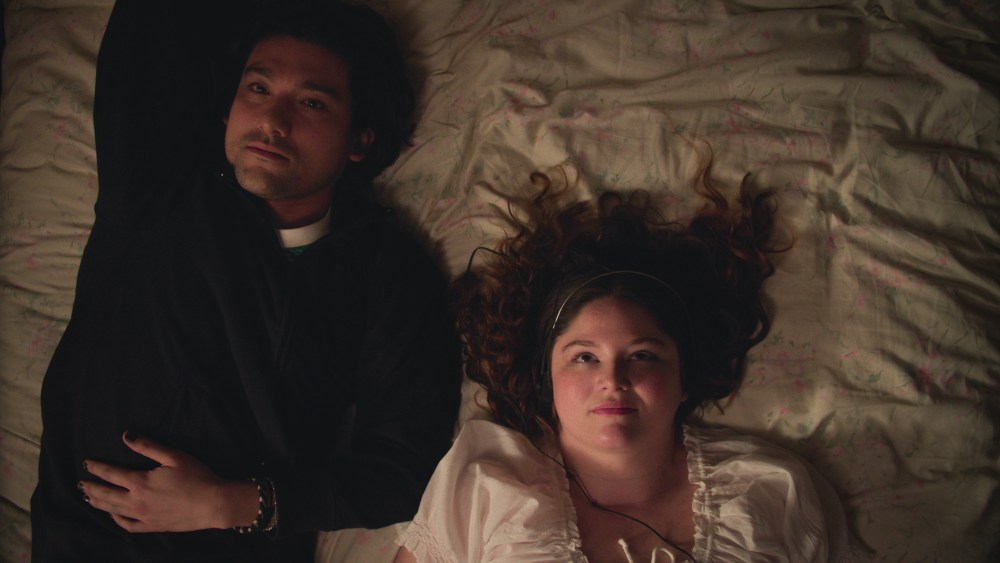

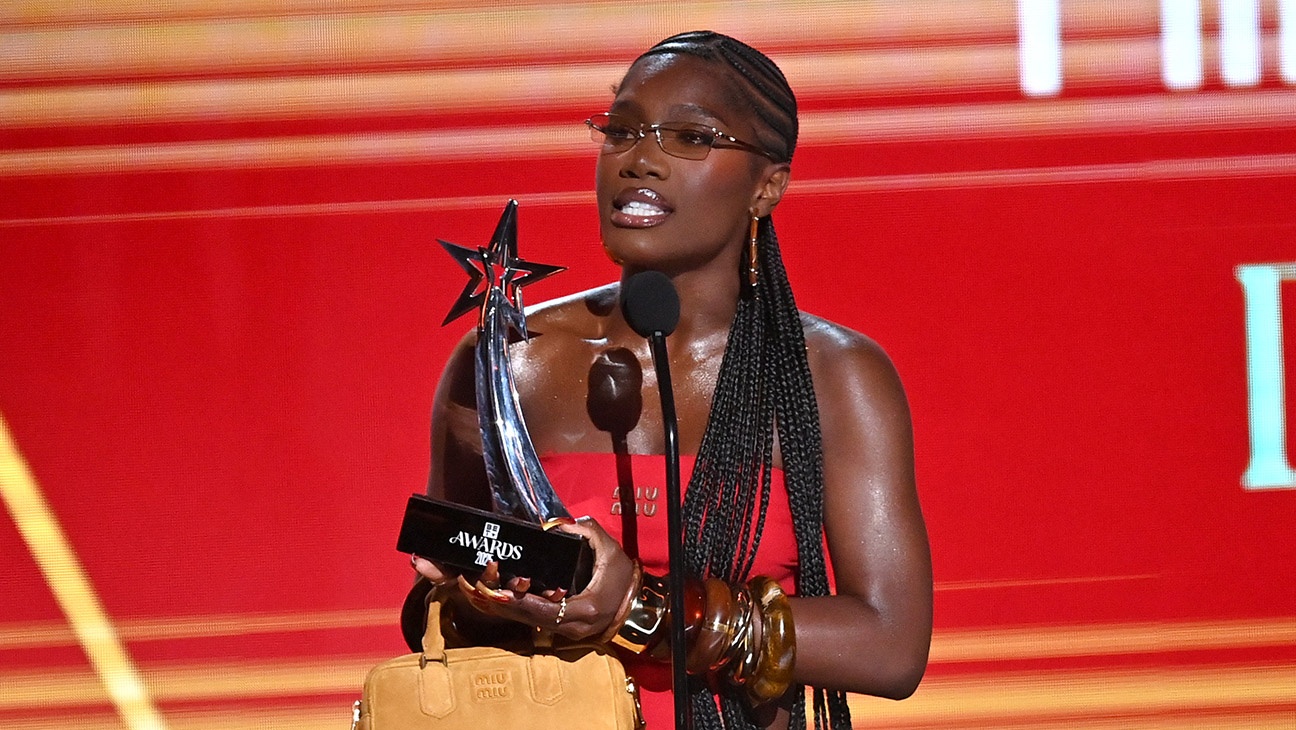



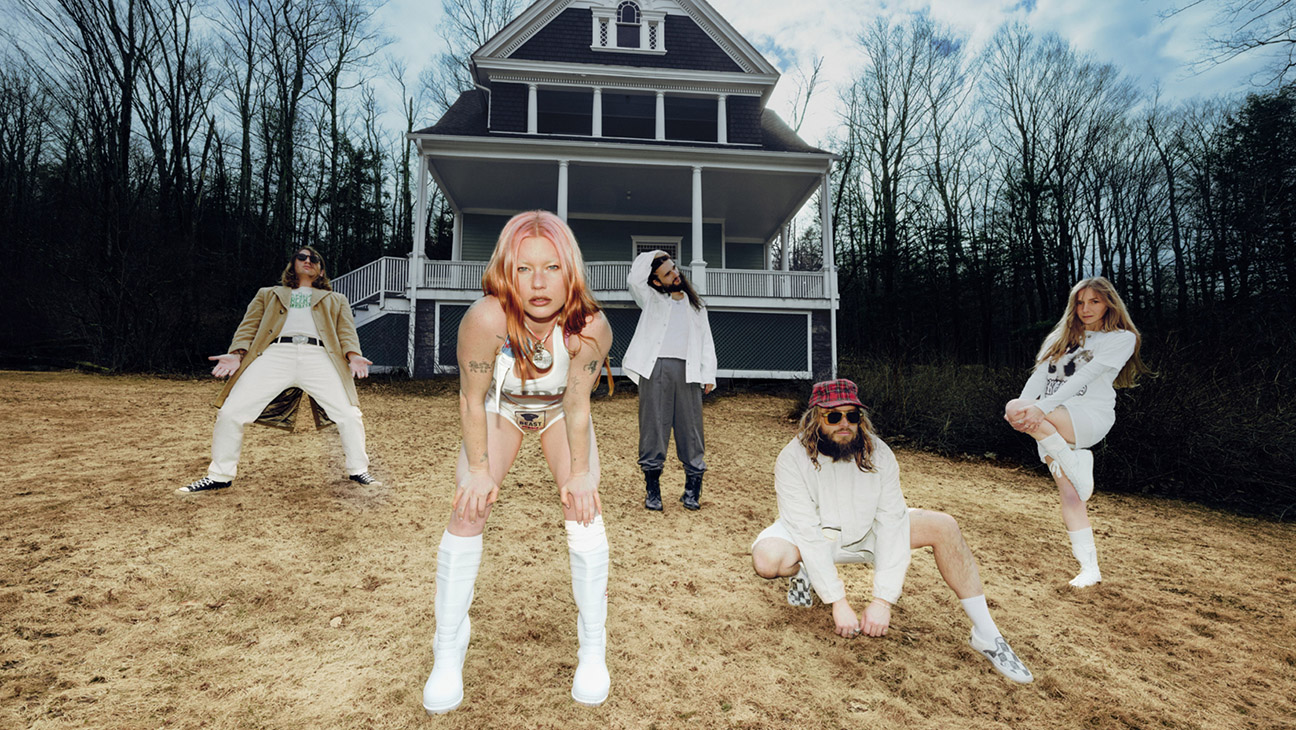


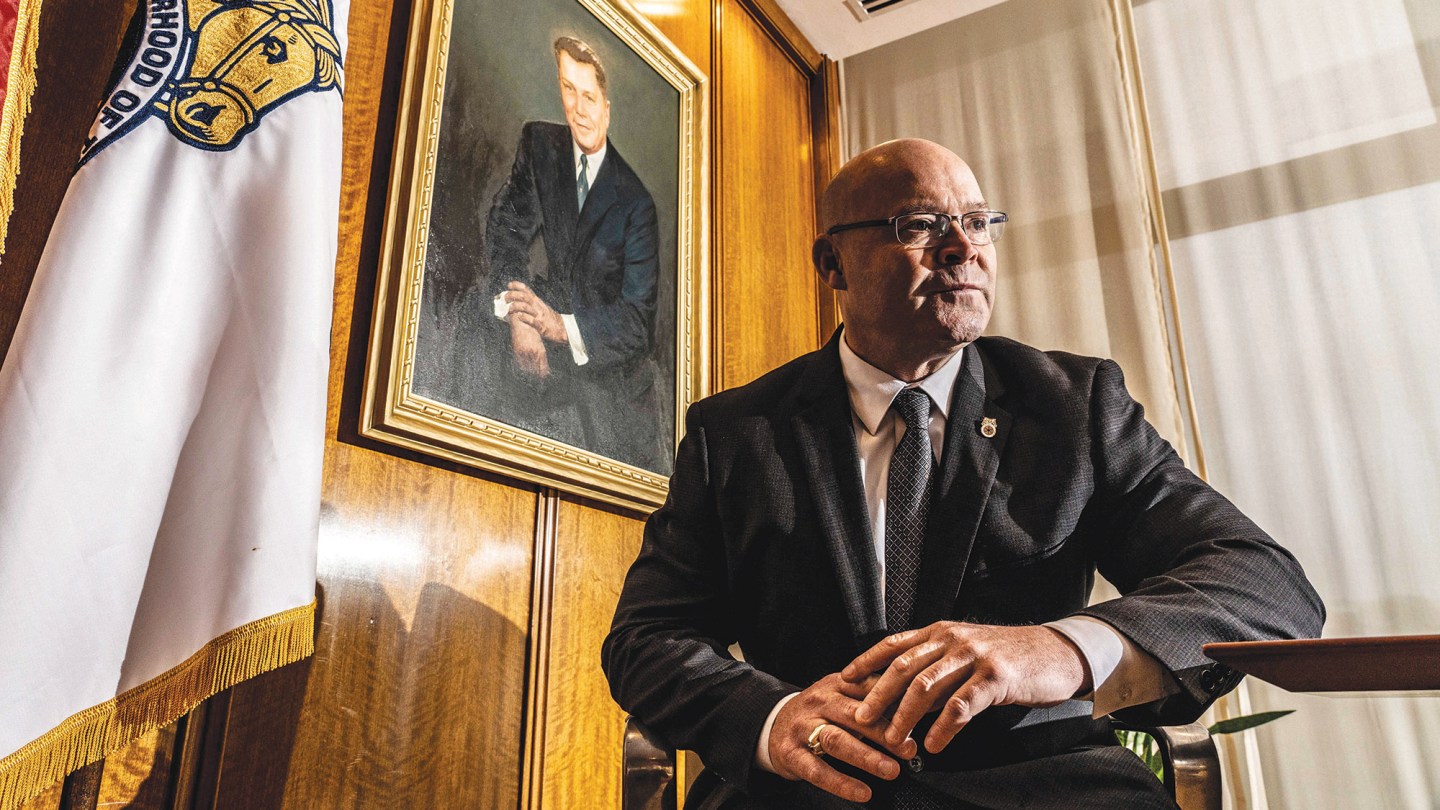

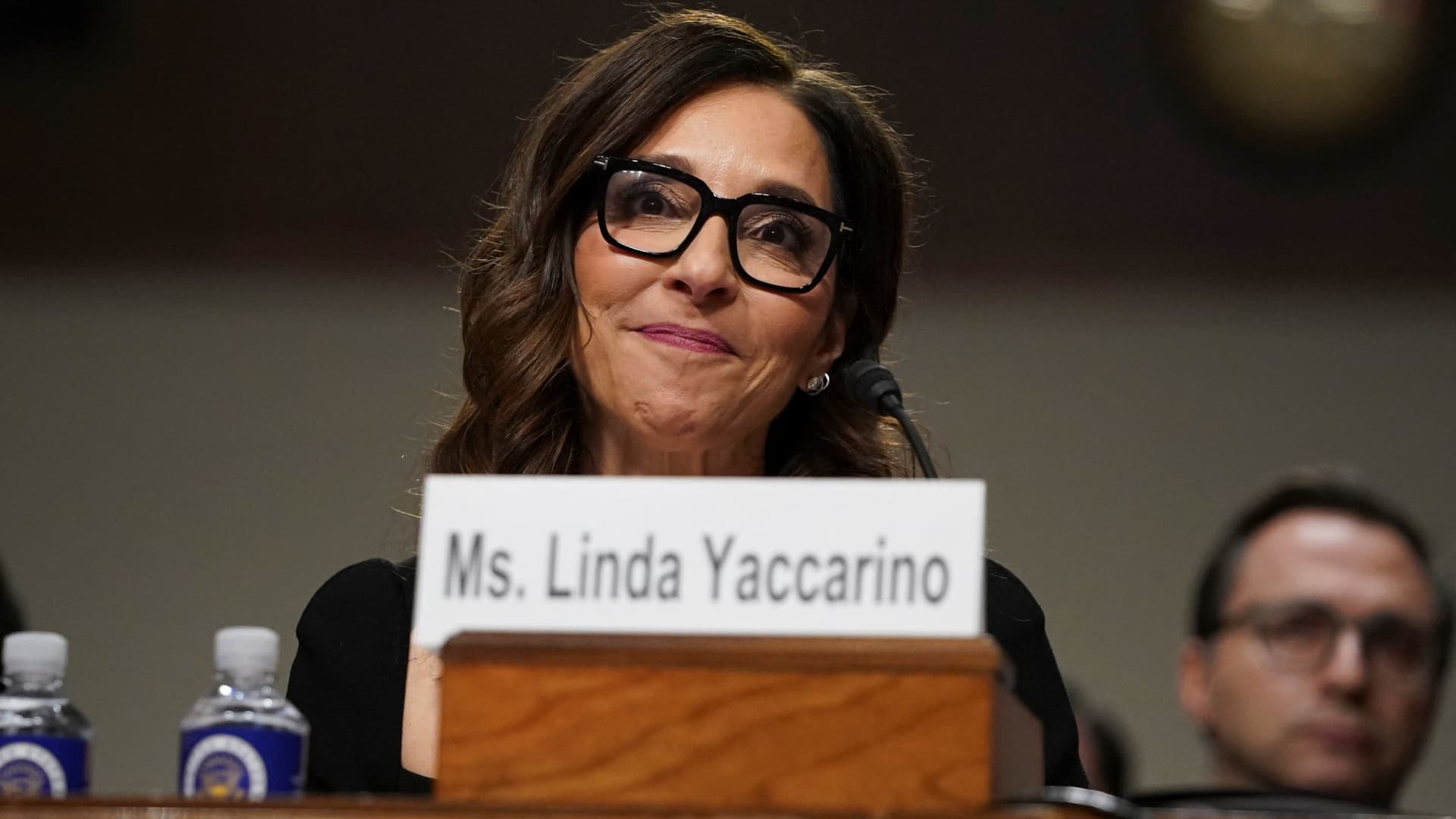

Leave a Reply